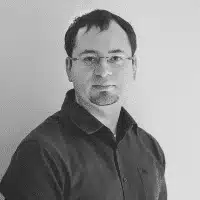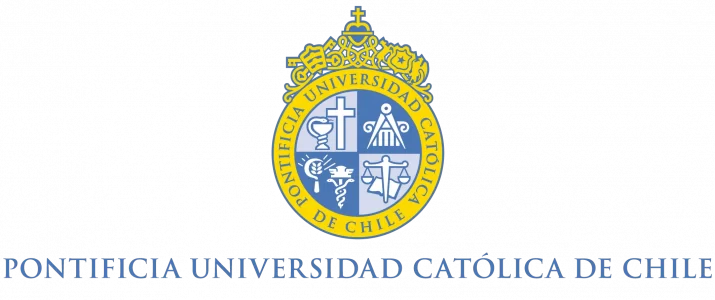The Pontificia Universidad Católica de Chile (UC or PUC) (English: Pontifical Catholic University of Chile) is one of the six Catholic Universities existing in the Chilean university system and one of the two Pontifical Universities in the country. It is also one of Chile’s oldest universities and one of the most recognized educational institutions in Latin America.
UC was founded on June 21, 1888 by the Santiago Archbishop, to offer training in traditional professions (law) and in technological and practical fields such as business, accounting, chemistry, and electricity. Its first chancellor was Monsignor Joaquín Larraín Gandarillas, and at the very beginning, the university only taught two subjects, law and mathematics. Since it is a Pontifical University, it has always had a strong and very close relationship with the Vatican. On February 11, 1930, Pope Pius XI declared it a pontifical university, and in 1931 it was granted full academic autonomy by the Chilean government.
UC is a private, urban, multi-campus university. It is one of the eleven Chilean Catholic universities, and one of the twenty-five institutions within the Rectors’ Council (Consejo de Rectores), the Chilean state-sponsored university system. It is part of the Universities of the Rectors’ Council of Chilean Universities, and although it is not state-owned, a substantial part of its budget is given by state transferences under different concepts.
UC’s 18 faculties are distributed through four campuses in Santiago and one regional campus located in southern Chile. The technical training centers affiliated with the University are: DUOC, the Rural Life Foundations, the Baviera Foundation, the Catechetical Home and the San Fidel Seminary. These centers carry out technical-academic extension activities in rural and agricultural areas. Other UC activities are a Sports Club, a nationwide television network, and a Clinical Hospital dependent on the Faculty of Medicine.
In spite of the changes, the University has always aimed to achieve a solid education, founded in the sciences, arts, humanities and Catholic morals. Thus, the University aims for its students to be not only technically and scientifically prepared, but also to be open to different human realities and to the social and personal responsibilities involved in the complete development of a society.
Two of its most important alumni were the Jesuit Saint Alberto Hurtado and Eduardo Frei Montalva, a Chilean president. Both of them studied in the School of Laws. Sebastián Piñera, previous Chilean president, graduated from the university’s School of Economics.



